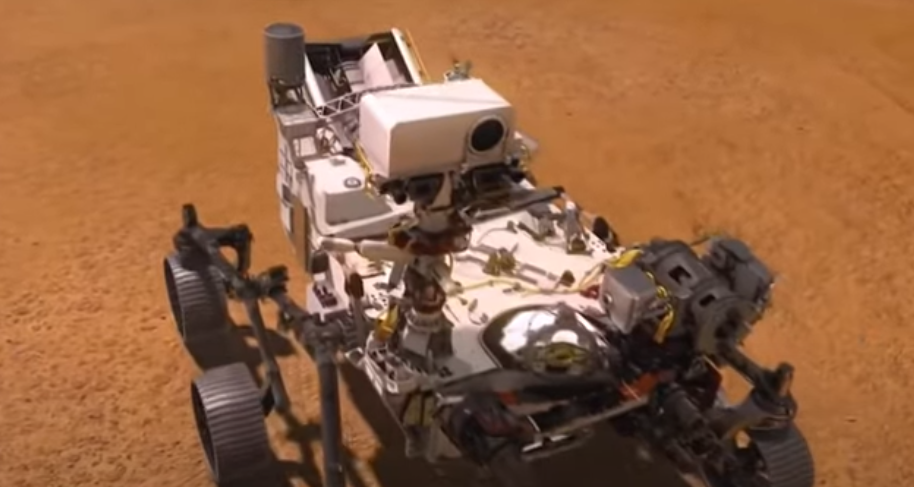NASA’s pioneering Ingenuity helicopter mission on Mars has drawn to a close after completing an impressive 72 flights over three years.
Originally conceived as an experimental endeavor, Ingenuity made history as the first aircraft to successfully operate and fly on another planet, taking off on April 19, 2021.
However, the mission recently faced a setback during its final flight this month when imagery and data from NASA’s Jet Propulsion Laboratory revealed damage to one or more of the chopper’s carbon fiber rotor blades upon landing.
As a result, the team concluded that Ingenuity was no longer capable of maintaining flight, thereby concluding its extraordinary journey.
Deployed alongside the Perseverance rover, Ingenuity exceeded all expectations by not only completing its initial five test flights within 30 days but also serving as an aerial scout for the rover. Beyond its planned duties, the helicopter flew over areas of scientific interest, aiding the mission team in selecting targets for further analysis.
NASA Administrator’s Perspective

The collaboration between Perseverance and Ingenuity provided invaluable insights into Jezero Crater, a site rich in geological and potentially astrobiological significance. As Perseverance continues its exploration, scientists eagerly await the return of samples collected by the rover, which could hold clues to Mars’ past habitability.
Reflecting on the significance of Ingenuity’s accomplishments, NASA Administrator Bill Nelson lauded the helicopter’s role in pushing the boundaries of possibility.
Despite its unplanned end, Ingenuity leaves behind a legacy of innovation and exploration, inspiring future missions and advancements in space exploration.
Indeed, Ingenuity’s achievements draw parallels to the Wright Flyer, the first powered aircraft to fly successfully on Earth in 1903. Just as the Wright Flyer paved the way for aviation, Ingenuity has demonstrated the feasibility of flight on other worlds, marking a historic milestone in humanity’s quest for knowledge beyond Earth.


Comments are closed.